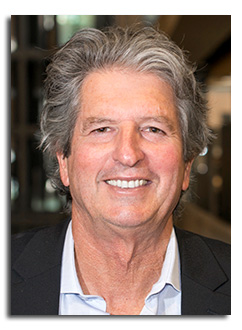
Abstract
We've seen quite massive reductions in cost of solar power generation. In 2016 we saw solar get below 30 US dollars a megawatt hour - that is - 3 cents a kilowatt hour - for the first time. Then, just recently this year, we've seen it get below 20 dollars a megawatt hour - that is 2 cents a kilowatt hour. It is almost certain that we'll soon see it get below $10 a megawatt hour, which is just an outstandingly low price.
This seminar shows the financial modelling that predicts the rapid price reduction of solar electricity as well as the reasoning behind the modelling. Additionally, the impact of solar power on the world's CO2 emissions is addressed showing that solar can, and probably will, be the major player in CO2 abatement.
This seminar describes what the near future will be like as industry works to improve efficiency, increase size and adopt novel production methods.
Click here to see all available video seminars.
Click here to go to the SPREE HOMEPAGE.
Brief Bio
Martin Green is Scientia Professor at the University of New South Wales, Sydney and Director of the Australian Centre for Advanced Photovoltaics, involving several other Australian Universities and research groups. His group's contributions to photovoltaics are well known and include holding the record for silicon solar cell efficiency for 30 of the last 34 years, described as one of the “Top Ten” Milestones in the history of solar photovoltaics. Major international awards include the 1999 Australia Prize, the 2002 Right Livelihood Award, also known as the Alternative Nobel Prize the 2007 SolarWorld Einstein Award and, most recently, the 2016 Ian Wark Medal from the Australian Academy of Science.
